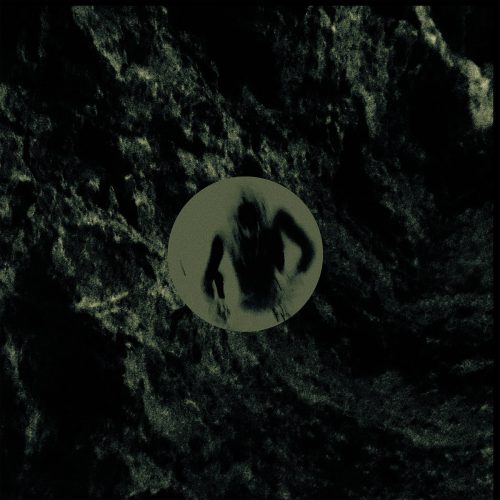(In this post Grant Skelton reviews the debut album by the mysterious band Death. Void. Terror. And we will soon follow this review with his interview of the band [now posted here].)
I’m finding that my avarice for the bizarre is increasing. This year, I’ve been getting lost in clandestine spaces of the interweb. Browsing through many an arcane reliquary, my nocturnal work schedule has been bolstered by drone, dark ambient, neofolk, and even harsh noise. These kinds of soundscapes fit in with my waking hours. And despite (or perhaps because of) the fact that many artists in such genres make music that is, simply put, unpleasant to hear, I am enthralled and even soothed by it.
One such eccentric release is the debut album from Death. Void. Terror. When Iron Bonehead Productions released a sample of To The Great Monolith I, I was instantly interested. The band’s PR release indicated that the 2 tracks were not songs, yea not even compositions.
As a quick aside, whose relevance will be explained, let us first consider the Portuguese author Fernando Pessoa. While his works are thematically dissimilar to To The Great Monolith I, one important aspect of his writing bears a crucial likeness. Rather than writing with pseudonyms, Pessoa embraced creating with heteronyms — alternative personas, each with its own unique attributes, psychological complexities, and writing styles. One such heteronym was Bernardo Soares, with which Pessoa penned The Book Of Disquiet.
I mention the concept of heteronyms because the human part of Death. Void. Terror. is dissolved by the content on the album. The vocals range from smoky whispers to cauterizing wails to blackened beckoning. Each of these is spliced together into an infernal coil of worship to The Great Monolith — a sentient, cosmic entity from whom emanate dread and fear.
Not a trace of what could be called “humanity” is left in this album. In fact, Death. Void. Terror. made every effort to prevent the very idea of humanity from interfering with their creation. The album was intended to evoke ideas manifested in the unconscious — to give vitality to a reality that is, if you will, realer than real. Confronting To The Great Monolith I is to delve beneath pretense, beneath cultural normativity, beneath our waking personality. Unconscious writing, or automatic writing, was a practice used by the Surrealist writer André Breton in his book The Magnetic Fields. Perhaps Death. Void. Terror. have offered us a similar art form — unconscious metal.
To disengage from the world, to shut off the mind and allow it to wander, to blatantly refuse to hurry — these are necessarily a part of listening to Death. Void. Terror. The sounds on this album are challenging, maybe even taxing to some listeners. I myself would not say that I enjoyed the sounds of To The Great Monolith I the first time I listened to it. It’s truly horrific. Squalling, dysrhythmic and discordant drones accompanied by cabalistic percussion and limitless layers of atonal shrieking bereft of actual lyrics.
Notwithstanding, I came away from that first listen with an unearthly desire to hear the album again. Once indulged, I experienced withdrawals of the most vicious sort. It was only when I further imbibed, often more than once a day, that I became filled to satiety.
What you get from this album isn’t just an album. When properly ascertained, it’s a new setting, an altered principium in which the existential dread and anxiety that accompany modern living are given voice and form. To The Great Monolith I is a brazen, and welcome, rebellion against banality. An apt title, To The Great Monolith I is an unquestionably monolithic achievement for those with an appetite for the bizarre, the unorthodox, the surreal. Not for everyone; not for all the time. But when you hunger for it, it will nourish to the point of overflowing. Very highly recommended.
Bandcamp:
https://ironboneheadproductions.bandcamp.com/album/death-void-terror-to-the-great-monolith
Physical copies available here:
http://www.ironbonehead.de


This is exactly the kind of music I’m always looking for. Thank you very much.
This is exactly the kind of comment I want to see. Thanks for reading and commenting! My interview with the band should be up in the coming days, so that might also be worth your time.
From all the bizarre and horroresque albums I have had the chance to listen so far, it reminds me most of Yhdarl’s masterpiece called Ave Maria. For anyone interested, you can find it here: https://yhdarl.bandcamp.com/album/ave-maria
To this day, I thought that it is not possible to create more dissonant and non-melodic album than Ave Maria without ending up in a lunatic asylum. And yet, Death. Void. Terror. managed to deliver. I am truly enthralled, and since this album isn’t on Spotify yet (and we can only wonder whether it ever will be), I am buying my digital Bandcamp copy right away.